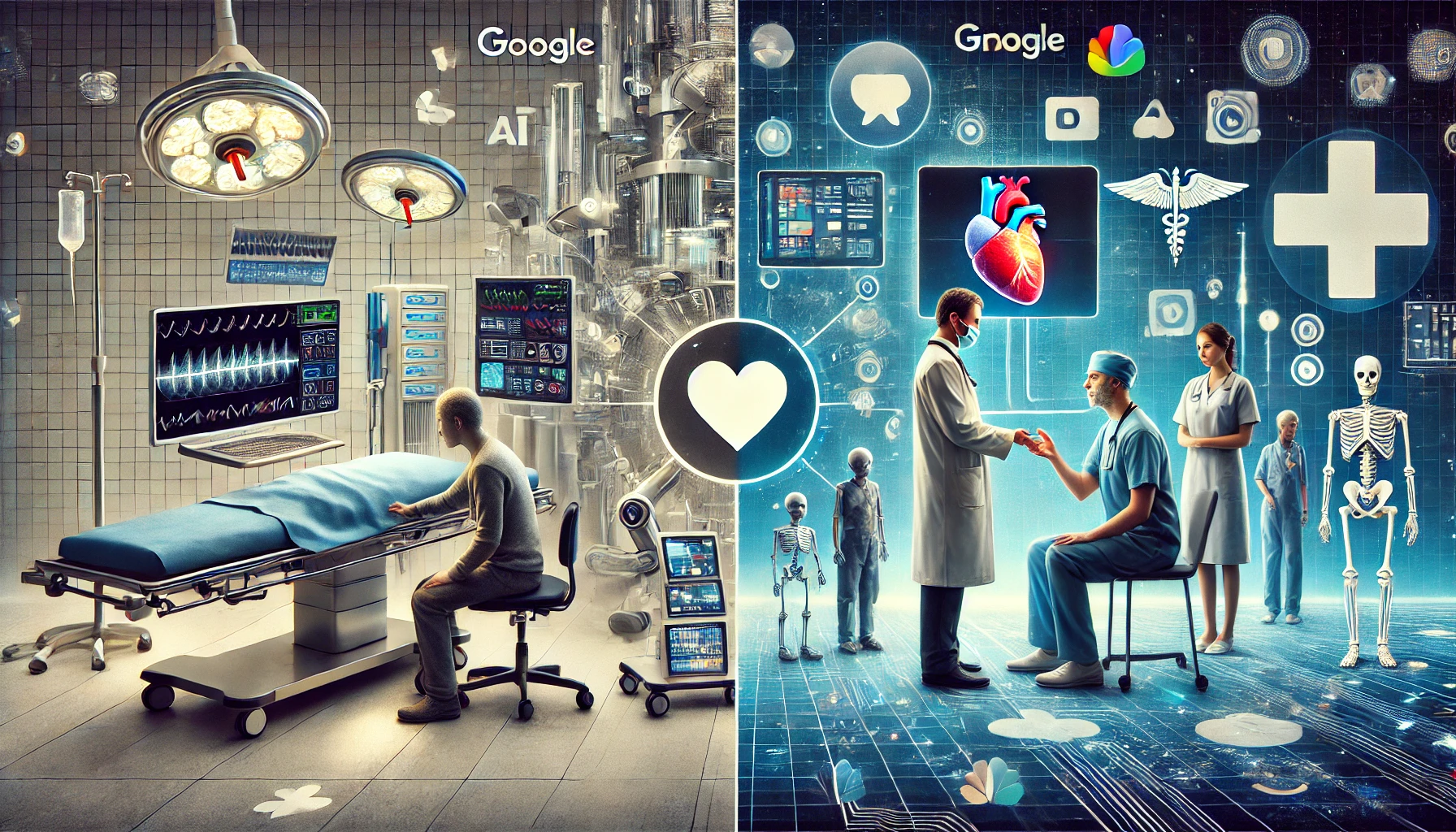In the last decade, the blend of technology and healthcare has sparked remarkable innovations that are transforming the medical landscape. From telemedicine services to artificial intelligence-driven diagnostics, medical technology is pushing the boundaries of healthcare, making it more efficient, accurate, and accessible. But amidst these advancements, a critical question arises: Has medical technology become a technopoly?
Defining Technopoly: What Does It Mean?
The term technopoly was introduced by media theorist Neil Postman in his 1992 book Technopoly: The Surrender of Culture to Technology. In his definition, a technopoly occurs when society willingly hands over its cultural norms, ethics, and control to technology. In such a scenario, technology isn’t just a tool; it becomes the dominant force that drives decision-making and influences all aspects of life. As technology takes over, there’s little room left for human judgment or moral considerations.
This concept forces us to take a hard look at the growing influence of technology in healthcare. Is medical technology evolving into a force that overrides human intuition, ethics, and compassionate care? Or is it merely enhancing the ability of healthcare professionals to diagnose and heal more effectively?
The Surge of Medical Technology
There’s no denying the positive impact of medical technology on healthcare. Innovations such as electronic health records (EHRs) have streamlined patient data access, improving coordination among healthcare providers. Robotic-assisted surgeries have led to quicker recovery times and greater precision. Artificial intelligence (AI) is now being used to detect patterns in medical imaging, often diagnosing conditions with an accuracy that can surpass human abilities. Devices like smartwatches and other wearable health trackers monitor vital signs in real time, empowering patients to stay proactive about their health.
These technological advancements have revolutionized the way diseases are diagnosed, treated, and even prevented. But with these benefits come concerns: Is the increasing reliance on technology shifting the focus away from patient-centered care?
When Technology Begins to Dominate
The potential downside of a technopoly is the concentration of power, where a few entities control decision-making through technology. In healthcare, large tech corporations like Google, Apple, and Amazon are becoming dominant players, using the vast amounts of personal health data they collect to develop new medical tools and services. While this can lead to innovative healthcare solutions, it also raises important questions about privacy, data security, and whether we’re handing over too much control to these corporations.
Take telemedicine, for instance. This innovation made healthcare more accessible during the COVID-19 pandemic, but it’s largely controlled by a small number of major companies. The centralization of telemedicine could eventually turn healthcare into a commodified service, where patients are viewed more as consumers. In this model, the traditional doctor-patient relationship may become secondary to data processing and service delivery efficiency.
Similarly, AI-based diagnostic tools present their own set of challenges. These tools can outperform human doctors in specific areas, but they rely on massive datasets and proprietary algorithms developed by private companies. The risk is that healthcare decisions could shift from human professionals to machines controlled by corporations, raising concerns about who’s accountable when mistakes are made or when financial interests take priority over patient care.
The Ethical Questions Surrounding Medical Technology
Medical technology, while beneficial, introduces significant ethical dilemmas. When healthcare becomes overly dependent on technology, the human elements—empathy, intuition, and ethical judgment—can get lost in the process. For instance, AI systems may diagnose diseases by analyzing data patterns, but they can’t factor in a patient’s emotional state, personal context, or moral values.
As big tech companies expand their influence in healthcare, the fear is that medical decisions could become driven more by economic incentives than by what’s best for the patient. In a technopoly, the focus shifts from providing high-quality patient care to maximizing efficiency and profitability. This shift can create a healthcare system where the needs of patients come second to corporate interests.
There’s also the growing issue of unequal access to medical technology. While wealthier populations may benefit from cutting-edge healthcare innovations, marginalized communities could be left behind, widening existing health disparities. This two-tiered system of access would deepen the divide, making healthcare technology a privilege for the few rather than a tool for all.
Striking the Right Balance Between Technology and Human Care
While technological advancements are inevitable and beneficial to healthcare, it’s crucial to find a balance between innovation and human-centered care. The healthcare system should never be entirely dictated by machines, algorithms, or corporate interests. Technology should function as a tool that enhances, not replaces, human caregivers.
To maintain this balance, healthcare professionals need to stay at the forefront of medical decision-making. AI and other advanced technologies can assist doctors and nurses in diagnosing and treating patients, but these tools shouldn’t overshadow the value of human experience, empathy, and ethical reasoning.
Greater oversight and regulation of how medical technology is developed and implemented are also essential. Governments and healthcare institutions need to set clear guidelines that ensure technology is used ethically, and that patient data is safeguarded. Collaboration between the public and private sectors can help create a healthcare system that prioritizes patient well-being over profits.
Conclusion: Can We Prevent Medical Technology From Becoming a Technopoly?
Medical technology holds immense potential to revolutionize healthcare, offering improved outcomes and greater accessibility. However, the increasing dominance of technology in healthcare also raises concerns about the centralization of power, the loss of human judgment, and the commodification of patient care.
To prevent the rise of a technopoly, it’s essential to ensure that medical technology remains a tool to support healthcare professionals rather than replace them. By maintaining this balance, we can harness the benefits of technological innovation while preserving the ethical, compassionate, and personal aspects that make healthcare truly effective.

